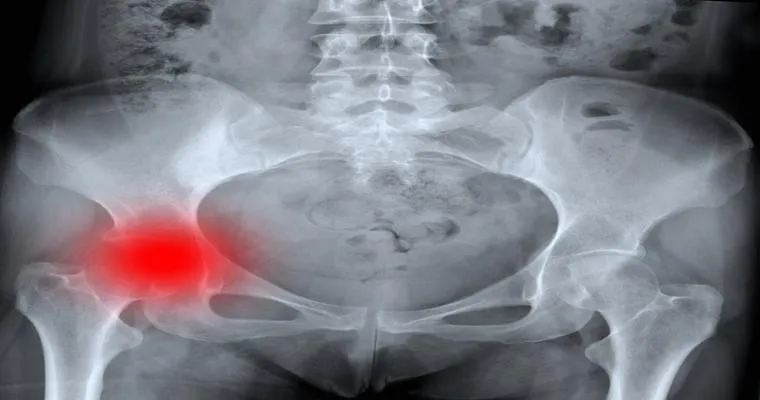"Hip replacement surgery" is a significant medical procedure designed to alleviate pain and restore mobility in individuals suffering from severe hip joint damage. Whether due to "osteoarthritis", "rheumatoid arthritis", or injuries, understanding how to prepare for this surgery and what to expect during the recovery process is crucial for a successful outcome. This article will guide you through the essential steps and considerations for anyone contemplating this life-changing procedure.
Preparing for Hip Replacement Surgery
Preparation for hip replacement surgery begins well before the actual date of the procedure. Here are some key steps to ensure that you are ready:
1. "Consult Your Doctor": Schedule a detailed consultation with your orthopedic surgeon. Discuss your medical history, any medications you are taking, and your overall health. Your doctor may recommend tests such as X-rays or MRIs to assess the condition of your hip joint.
2. "Understand the Procedure": Familiarize yourself with the specifics of hip replacement surgery. Knowing what to expect can alleviate anxiety and help you mentally prepare for the process.
3. "Preoperative Exercises": Engage in preoperative exercises as advised by your doctor or a physical therapist. Strengthening the muscles around your hip can aid in recovery and improve your overall fitness.
4. "Home Preparation": Make your home safe and comfortable for your recovery. Remove tripping hazards, arrange furniture to create clear walking paths, and consider setting up a recovery area with all essentials within reach.
5. "Plan for Assistance": Arrange for help at home after your surgery. You may need assistance with daily tasks such as cooking, cleaning, and personal care, especially during the initial recovery phase.
6. "Follow Pre-Surgery Instructions": Adhere to any dietary and medication guidelines provided by your healthcare team. You may be instructed to stop taking certain medications, like blood thinners, prior to surgery.
What to Expect During Hip Replacement Surgery
On the day of the surgery, you will be taken to the operating room where the procedure will take place. Here’s what you can expect:
1. "Anesthesia": You will receive anesthesia to ensure you are comfortable during the surgery. This may be general anesthesia, where you are asleep, or regional anesthesia, where only the lower part of your body is numbed.
2. "Surgical Procedure": The surgeon will make an incision over the hip and remove the damaged joint surfaces. These will be replaced with a prosthetic joint made of metal, plastic, or ceramic. The entire procedure typically lasts between one to two hours.
3. "Postoperative Recovery": After the surgery, you will be moved to a recovery area where medical staff will monitor your vital signs and manage pain. You may stay in the hospital for one to several days depending on your individual recovery.
Recovery After Hip Replacement Surgery
Recovery is a critical phase following hip replacement surgery. Here are some aspects to keep in mind:
1. "Physical Therapy": Engaging in physical therapy will be essential for regaining strength and mobility in your hip. Your therapist will provide exercises tailored to your recovery needs.
2. "Pain Management": Pain management is an important part of recovery. Your doctor will prescribe medications to help manage discomfort during your healing process.
3. "Follow-Up Appointments": Attend all scheduled follow-up appointments with your surgeon. These visits are crucial for monitoring your progress and addressing any concerns.
4. "Lifestyle Adjustments": You may need to make temporary adjustments to your daily activities. Avoid high-impact exercises and follow your doctor’s recommendations for resuming normal activities.
5. "Long-Term Outlook": Most patients experience significant pain relief and improved mobility after hip replacement surgery. It is essential to maintain a healthy lifestyle and adhere to your rehabilitation program for optimal results.
Conclusion
Preparing for and undergoing "hip replacement surgery" can be a daunting experience, but with the right knowledge and support, you can navigate the process successfully. By understanding how to prepare and what to expect, you can enhance your chances of a smooth recovery and return to an active lifestyle. Always consult with your healthcare team for personalized advice and guidance tailored to your specific circumstances.





